Assessing Threats Facing the U.S.-Korea Alliance
The dynamism of Asian markets, China’s rise, and Japan’s quest to become a normal state, play key roles in determining the future of the US-ROK alliance. At the same time, U.S. perception of China’s growing influence differs from that of Korea’s. Similarly, Washington does not see eye-to-eye with Seoul over changes in Japan’s policies. While the bilateral alliance remains strongest in dealing with North Korea, the two allies also have different views on dealing with this challenge.
Assistant Secretary of State for East Asia and Pacific Affairs Daniel Russel will deliver the keynote address of the second annual U.S.-Korea dialogue hosted jointly by the Wilson Center and the East Asia Foundation of Seoul. Join us for this half-day conference, where opinion leaders from Korea and the United States will discuss their concerns for the future and seek ways to increase cooperation and mutual political, economic, diplomatic, and security benefits.
Read Secretary Russel's remarks at the U.S. Department of State's Website.
Speakers

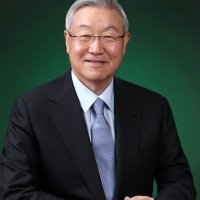
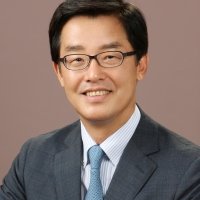
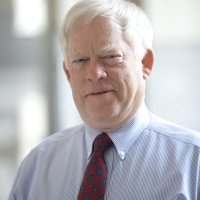
Former Director, Asia Program, Woodrow Wilson Center; Former Public Policy Fellow, Woodrow Wilson Center
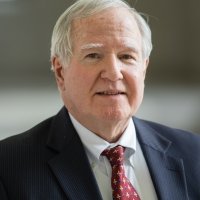
Former Director, Program on America and the Global Economy, Woodrow Wilson Center
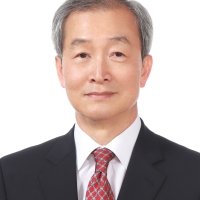
Hosted By

Indo-Pacific Program
The Indo-Pacific Program promotes policy debate and intellectual discussions on US interests in the Asia-Pacific as well as political, economic, security, and social issues relating to the world’s most populous and economically dynamic region. Read more


North Korea International Documentation Project
The North Korea International Documentation Project serves as an informational clearinghouse on North Korea for the scholarly and policymaking communities, disseminating documents on the DPRK from its former communist allies that provide valuable insight into the actions and nature of the North Korean state. Read more
